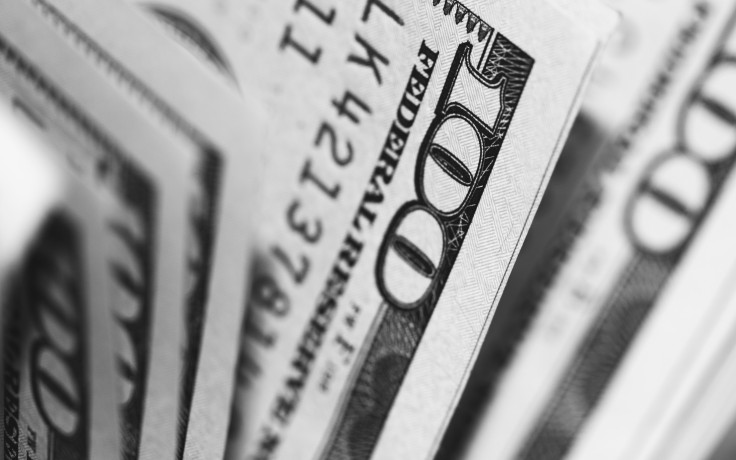How Much Money Should You Have In Your Business Accounts?

Many business professionals believe it's wise to have a substantial amount of money on hand for urgent transactions. However, others think keeping cash on hand is an ineffective wealth distribution strategy. Regardless of your preference, you may still want to know how much money you need to have in your business accounts.
Determining how much money your business needs in its account shouldn't be a daunting task. You merely need to evaluate factors like total asset liquidity, the overall industry dynamics and long-term objectives. Such details should be sufficient to help you arrive at a realistic figure that works well for your business.
Tips to determine the average cash on hand for a business
There are a few issues business owners should be thinking about when determining the amount of money needed in their business accounts. And if a business owner pays attention to their financial situation and keeps the essential factors in mind, the enterprise will likely run efficiently without needless risks.

When reviewing your financial statements, mark each expense as "necessary" or "unnecessary." By categorizing your expenses, you can find ways to save more, thus reducing your overall operating costs. Once you have determined how much you spend each month, then begin saving that amount for cash on hand. As a practical rule, at any one moment, every business should retain at least three to six months' worth of operating expenses in its account. This way, the owner can effectively tackle any emerging challenges.
And in case your business loses its main stream of income, or you urgently need to adjust -- having such cash will afford you time to make the requisite adjustments. Do not merely consider the amount of money stashed in your business account as extra cash. Don't fall into the trap of running your business exorbitantly by withdrawing cash arbitrarily from your emergency holdings to make up the difference.
Remember, it's crucial to adapt your business to modern industry standards. Take a look at your financial situation and compare your cash at hand to a similar company's. Then you'll know whether your business is operating under exceptional circumstances or not.
Calculate the opportunity cost

Another essential variable to consider when determining the issue of cash on hand is the business opportunity cost. It's advisable to keep excess cash in a checking account. You can invest your money in stocks, bonds, or material assets. This is often the best way to make profits while retaining something for a rainy day.
For example, if you get a 2 percent return on $1 million when operating a small business, you can make $20,000 annually. Calculating these opportunity costs allows you to reap the benefit of your business savings.
Final thoughts
While many businesses follow the three- to six-month operating expenses rule, there are other crucial factors to consider when determining how much money to have in your business accounts. Overall, it's wise to make the necessary adjustments, understand your business needs, risk preferences and essential expenditure elements. Once you do this, you'll arrive at accurate savings figures.
© Copyright IBTimes 2024. All rights reserved.





















